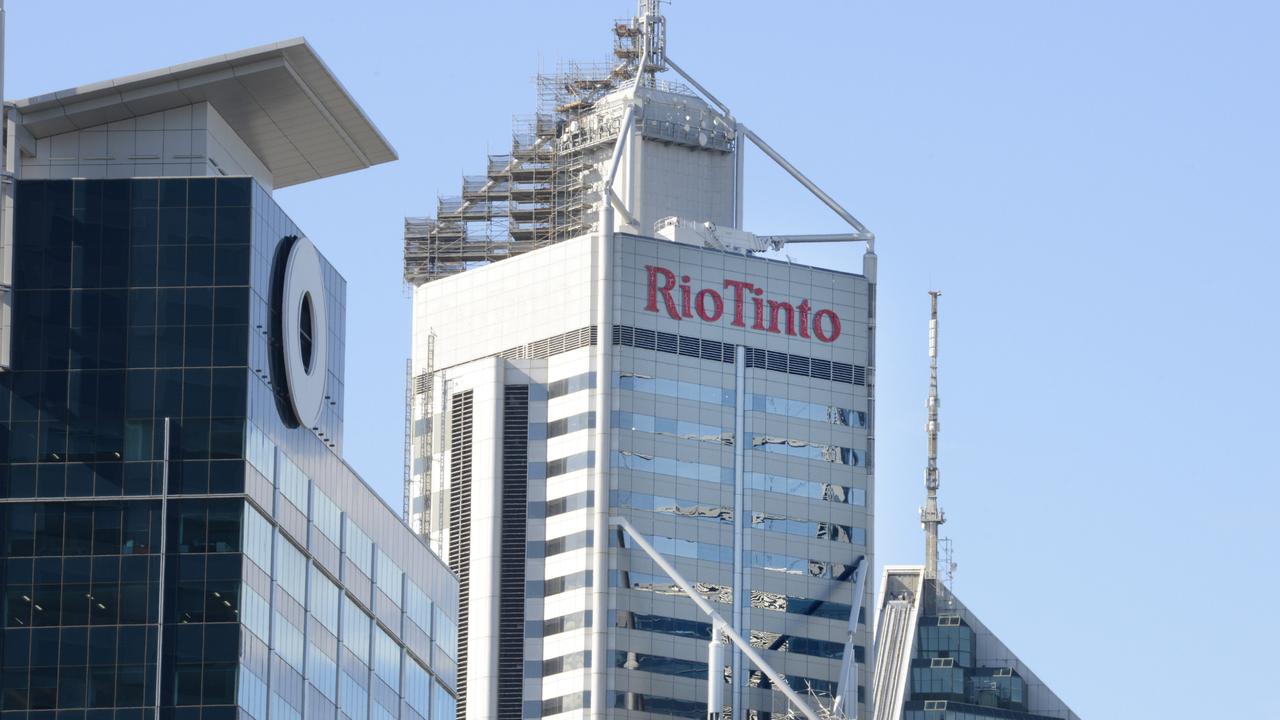
Stokes has been more successful than he had planned in building a stake in Boral, hitting 48.4 per cent on Wednesday morning and certain to go close to or over 50 per cent by Thursday evening when the bid closes.
In his target statement Stokes said he would be happy with 30 per cent.
If as seems likely he gets over 50 per cent the bid automatically gets extended for another two weeks and the Boral board has one more dilemma – whether to recommend the bid.
At $7.40 it is at the bottom of the target range set by the independent expert which has a midpoint of closer to $9 a share when you factor in the better than expected sale price for the US assets.
Boral sold the assets for $2.9bn which means with some other asset sales it has cash per share of around $3.
That is before the $1bn-plus on the sale of US fly ash assets and in no time you get Boral at close to $4 cash a share.
The stock was trading on Wednesday at $7.36 and the bid is at $7.40 so arguably while the price will fall when the bid closes it won’t fall too much.
If you believe the rebound in the Australian economy then that must support the share price as well.
The bid has done better than expected because Stokes has had to pay more, increasing his bid from $6.50 a share to $7.40, and in the last decade the stock has only briefly topped that level back in 2018.
In March last year the stock price was $2 and Stokes’s average cost on his first 23 per cent is just $4 a share.
If Stokes gets over 50 per cent he has full access to the till and his lenders will be happy because he can direct the cash where he wants.
Stokes spent roughly $1.2bn on his first 23 per cent in Boral, another $1bn to get to 35 per cent, and with the higher bid it will end up costing him closer to $4bn.
That is all debt and Seven is one of the most heavily geared companies on the bourse.
Maybe the bid was too smart by half and while he has undisputedly won control it comes at a price.
Stokes will become the new chair and as noted many times before control has already long passed.
In his public statements he has stressed he has no real issues with the company’s strategy so apart from cleaning out the board you wonder what changes he would make.
There is talk he may sell his Coates Hire operations into Boral which would be dumb from a minority shareholder perspective.
The board had a chance to make life harder by attempting to place conditions on his board seat(s) last year.

It didn’t even try by all accounts which is a disgrace and the result is the company will change hands on a nil premium merger at the lower end of the expert target range.
This was not one of Kathryn Fagg’s finer moments.
The board should not recommend the bid at these levels.
The argument that says Stokes will want to make money so why not go along for the ride is fine, so long as you understand Stokes will be making money for Ryan Stokes.
The law says a board must act in the interest of all shareholders but that is a tough fight to win in court.
There is some reluctance to sell because it triggers capital gains tax but the chance of long-term gains is not great.
In the next four weeks Treasurer Josh Frydenberg will circulate a law reform proposal to give the Takeovers Panel more control over schemes of arrangement to simplify the rules and remove unnecessary court intrusions.
There is a clear case now for including a proposal to impose a requirement that all bids have a 50 per cent minimum acceptance condition.
This means if you bid for a company you can’t buy less than 50 per cent.
As events have transpired it looks like Stokes will actually beat this threshold because his bid has gone better than expected but this was not by design.
The rationale for minimum acceptance is to preserve the principle that all shareholders be treated equally. Some reject the argument, saying the last thing Australia needs is control on takeovers.
There is also an argument that shareholder creeps be abolished.
This was last examined in 2012 when Gina Rinehart was climbing the Fairfax share register but didn’t get past the discussion stage. Perhaps now Stokes looks like picking up over 50 per cent of Boral on the cheap the so-called billionaires exemption should also be looked at again.
–
Milking it
The mood at a Fonterra presentation in Melbourne on Wednesday was upbeat with one participant declaring farmers are enjoying the best conditions ever, with prices strong, costs in control and just the one exception from a bullish outlook being output.
Australian dairy has become more efficient but production has fallen from 10.8 billion litres in 2000 to 8.8 billion litres last year and only marginal gains this year.

After three good years in a row with plenty of rain to grow feed the industry is brimming with confidence but it seems it also remembers the last downturn when farmgate prices were $4.75 a kilo of milk solids.
This means herd sizes are staying the same.
This year the farmgate price in some regions like central Victoria is over $7/kg and Rene Dedoncker at Fonterra is paying an average $6.95/kg.
Farmers are also looking around at big dollars on offer for their land, high beef prices and chronic labour shortages.
That means those still milking are happy collecting profits on what they have rather than putting their foot on the accelerator and boosting output.
Consolidation of supply in Queensland and NSW has meant more fresh milk is being shipped up from Victoria which has pushed farm gate prices above $7/kg.
Morgan’s Belinda Moore is tipping a 7 per cent fall in Bega earnings in the 2022 financial year from the strong earnings before interest, tax depreciation and amortisation of $124m.
Fonterra Australia reported earnings before interest and tax of $30m in the first half of the 2021 financial year which suggests the full year number will top the $52m reported in 2020. Its Kiwi parent last year reported $620m.






Retail shareholders in Boral now face the question whether to back Ryan Stokes or take their money and run, and the latter course makes most sense.